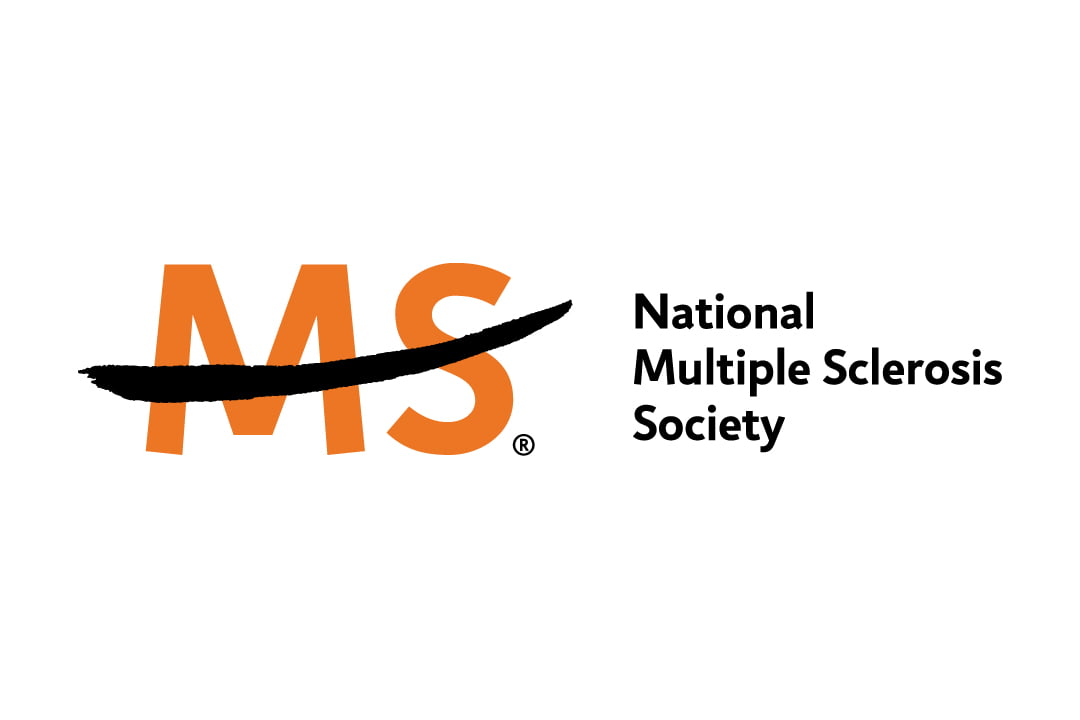AI is transforming multiple sclerosis (MS) care by helping doctors diagnose the disease faster, track brain changes more precisely, and tailor treatments to each patient. Neurologists like Dr. Daniel Ontaneda use AI to analyze MRIs, identify key biomarkers, and even create visit notes so they can spend more time connecting with patients. People with MS are also using AI tools like ChatGPT to research symptoms and treatment options—though experts stress the importance of reviewing this information with their healthcare team. Looking ahead, researchers believe AI could predict who is at higher risk for MS, improve early detection, and advance precision medicine, while emphasizing the need for transparency, patient data protection, and high-quality, representative data.


